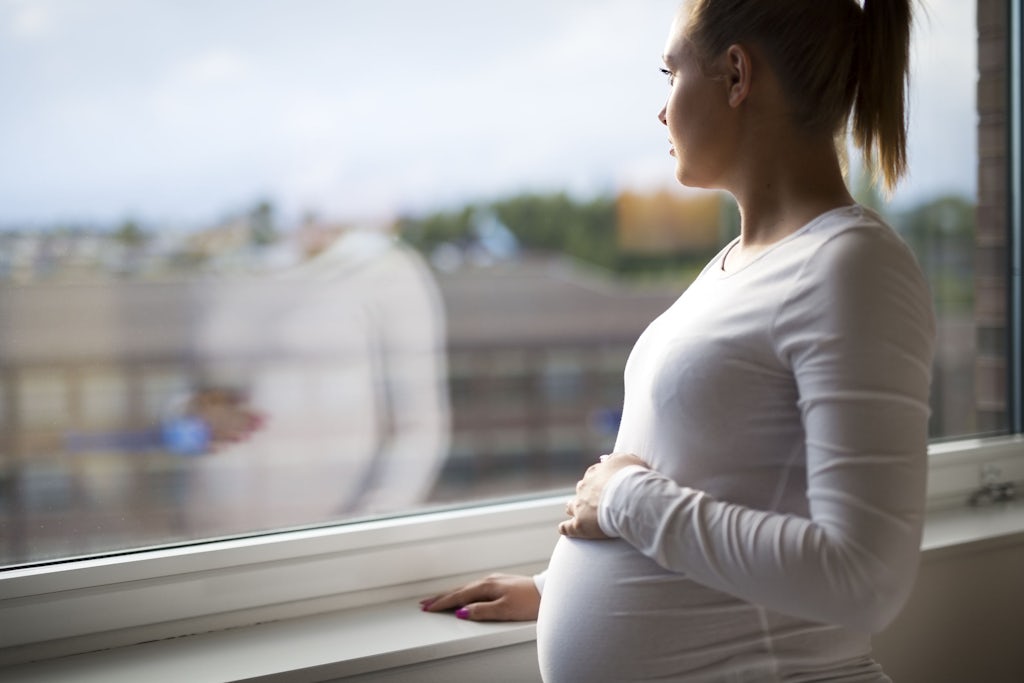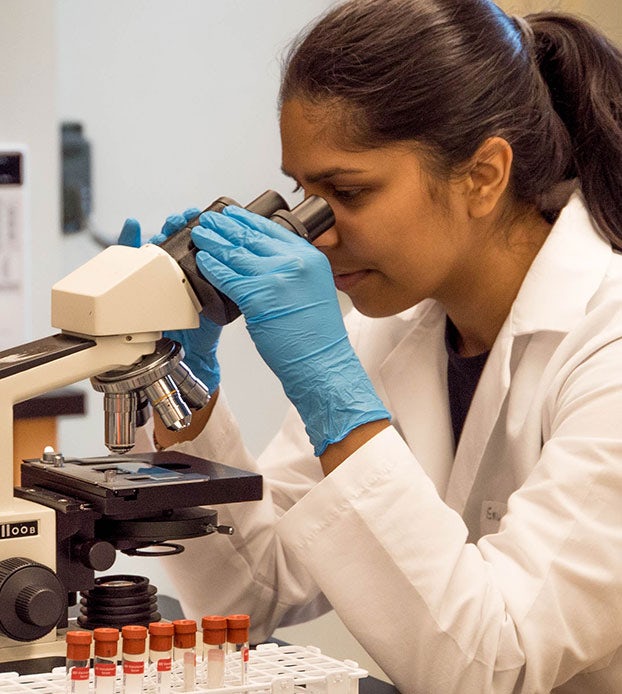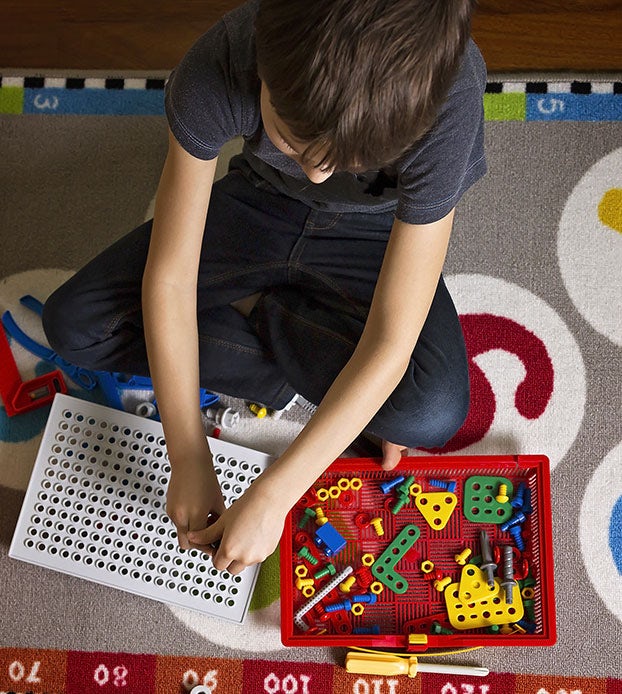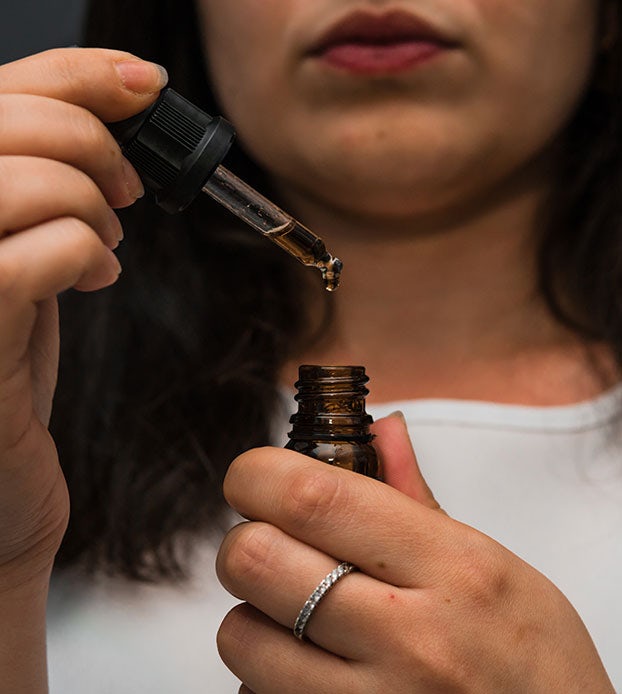As recreational marijuana becomes legalized in many jurisdictions, two recent studies are pointing to an increase in the number of pregnant women who partake in cannabis.
The first study, which was published on May 18, 2020 in the Journal of Maternal-Fetal & Neonatal Medicine, looked at 466 women who were tested for marijuana use both before and after recreational marijuana legalization went into effect in California on January 1, 2018.
The study found that of 466 women, the percentage who tested positive for marijuana at their initial pregnancy intake visit increased from 6% to 11% after legalization. During pregnancy, there were 45 users who had at least one positive universal urine drug test (UDT). This included 21 women (8%) during the time period prior to legalization, and 24 during the time period that followed legalization (13%).
The study also looked at pregnancy outcomes for the women surveyed, and found that all 18 cases of spontaneous abortion, intrauterine fetal demise, or therapeutic abortion were in the non-user group.
“Comparing non-user with users, there was no difference in rates of preterm delivery after controlling for significant variables of hypertension and psychiatric disorders,” the researchers wrote.
And while the median neonatal birth weight for marijuana users was 177 grams less than that of non-users, the study found that “overall, neonatal outcomes were similar between both groups.”
Pregnant cannabis users tend to be younger
The researchers found that the pregnant marijuana users in the study “tended to be of younger age, white or black, and English speaking.” They were more likely to identify either as unmarried or “without a long-term partner” (80% vs 53%), more likely to have depression (33% vs 11%), bipolar disorder (9% vs 2%) and psychosis disorders (4% vs 0.02%).
They also had higher rates of tobacco, alcohol, and other drug use, according to the study.
One of the more striking differences cited is in the rate of domestic violence, with 18% of the marijuana users identifying as victims of intimate partner violence, as opposed to 4% of the general test group.
Self-reported education levels were the same across both groups.

The study was carried out from July 2016 to December 2019 at a referral clinic serving a patient population with public insurance.
The test results were collected by looking at the results of urine tests that the clinic in question performs as a standard for all pregnant patients at the initial intake visit, and during each subsequent trimester.
The test population was split into those who took a urine test prior to legalization (279 people) and those who did so afterwards (187 women). The primary outcome the researchers analyzed was rates of marijuana positive UDT tests during pregnancies that were before and after legalization.
They also found that there was no statistical difference in “patient demographics, tobacco or alcohol use, other drug use, domestic violence, or psychiatric history between the groups before and after legalization.”
Another study, published in February, 2020, looked at a sample size of 7,258 women delivering babies in states that have legalized adult-use cannabis (Alaska, Colorado, and Washington) and compared them to three states that had not legalized by the time of the study.
The researchers found that “women who resided in states with legalized recreational cannabis were significantly more likely to use cannabis during the preconception, prenatal, and postpartum periods,” than those in states without legalized recreational cannabis.
The researchers also surmised that “these findings show potential for increased incidence of child exposure to cannabis,” but also added that more research is needed and evidence to this effect is currently “nascent.”
The study found that 15.78% of mothers in legal recreational states used cannabis in the preconception phase, as opposed to 13.46% in non-legal states. During the prenatal phase the difference was 6.76% to 4.29%, and postpartum it was 6.95% to 5.84%, respectively.
In 2018, researchers found evidence that in states where medical marijuana is legalized, the birth rate increases by an average of four additional births per 10,000 women of childbearing age. And when those states also allow home cultivation, that number climbs to six births.
Very little is known about how cannabis affects fetus development, and in January, the state of California’s Office of Environmental Health Hazard Assessment added cannabis and THC to a list of “naturally occurring and synthetic chemicals that are known to cause cancer or birth defects or other reproductive harm.”
One meta-analysis from 2016 asserted that THC can cause lower birth weight and other complications when used during pregnancy. People who are using cannabis and are pregnant or plan to become pregnant should consult their physician about the healthiest option for them.
Sign up for bi-weekly updates, packed full of cannabis education, recipes, and tips. Your inbox will love it.

 Shop
Shop Support
Support
















